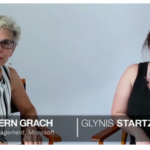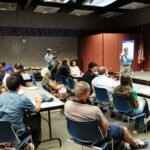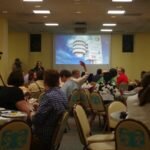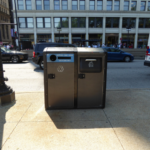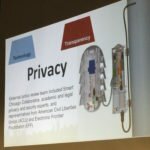This blog post is also published on Data-Smart City Solutions and is by Glynis Startz — Smart Chicago’s 2016 Harvard Ash Center Summer Fellow. Glynis is assisted with Smart Chicago’s Array of Things Civic Engagement work, among other smart cities-focused projects. Glynis is a Master in Public Policy Candidate at the Harvard Kennedy School.
As a Harvard Ash Fellow this summer, I spent 10 weeks working at the Smart Chicago Collaborative, a civic organization dedicated to improving lives in Chicago through technology. I was brought on to work on Smart Chicago’s resident engagement for Array of Things, a series of environmental sensors being installed around the city. In addition to assisting with the day to day aspects of that project, I got to step back and think more closely about the Internet of Things and civic engagement. You can find the resulting blog posts here. In addition to this more tangible work, I also was able to learn about the breadth of projects Smart Chicago works on, and see how they, as an organization, function.
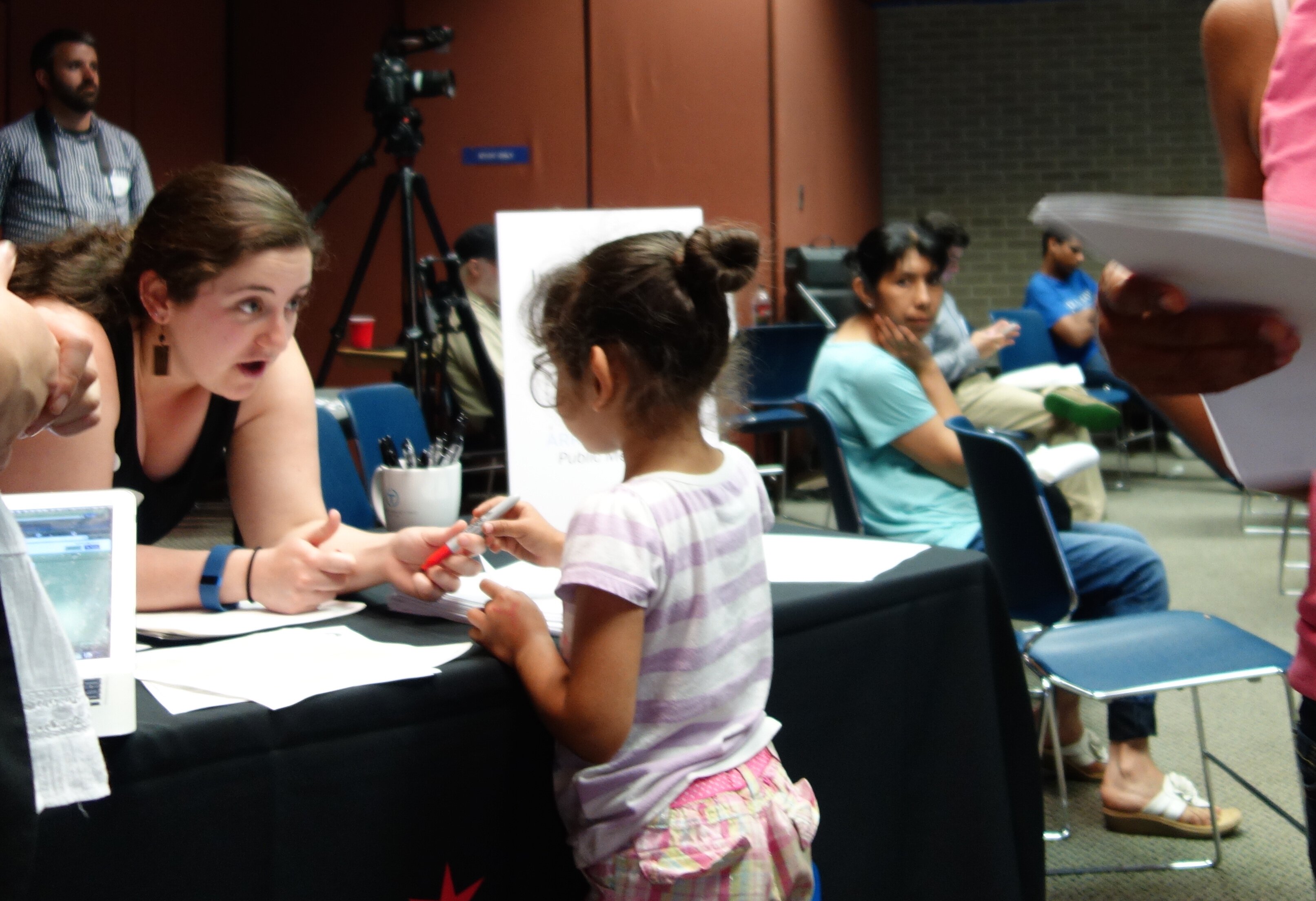
Glynis, our 2016 Summer Ash Fellow, greets Pilsen residents at our Array of Things Public Meeting in Lozano Library
Smart Chicago has a unique structure, functioning between the governmental and non-profit spheres. It was founded jointly by the City of Chicago, the John D. and Catherine T. MacArthur Foundation, and the Chicago Community Trust, and sits within the latter. This structure puts Smart Chicago in a privileged space. They have both stability and a lean, agile structure difficult to maintain in a government office. From this position Smart Chicago has prioritized reaching out to communities while maintaining ties to the government, philanthropy, and tech spaces — being a bridge between these communities in addition to their specific project work. Sitting at Smart Chicago this summer, I was exposed to many different aspects of the civic tech sphere as well as the wider community, but it also made me aware how rare that position was. Most cities are without a Smart Chicago, and many may never be able to create a similar model.
Smart Chicago is very open about its successes, lessons, and individual project information. It’s also open to spreading their unique model, but it’s hard to see how to export that to cities or areas who cannot provide that stable foundation. How do you take success in one arena and hack it together to work in in areas with less (or different types of) local support? It’s something I thought about more generally this summer, watching the civic tech ecosystem in Chicago. How can we export all these successes in major urban centers to small cities or counties that operate under even greater financial and expertise constraints?
To some extent this is already being done. Areas and organizations who want to prioritize civic tech aren’t waiting for a perfect solution or someone to give them resources, they’re figuring it out. But there are many more areas that don’t have the internal drive or knowhow to push through new projects but which could benefit just as much. Smart Chicago has been working to help adapt some of their successful projects to other cities. A great example of this is their Civic User Testing Group (CUTGroup) which brings residents in to provide user feedback for civic technology projects. This summer Smart Chicago helped Detroit adopt the model.
Not everything can be exported in this way, however. Some innovations are simply too expensive or complicated to run, or may not work the same way in a new location. Smart Chicago’s government-philanthropy model may be one of these goods, not feasible for every city at present, but an innovation with outcomes to try for. I think what we all need to strive for is the ability to disentangle the essential from the fluff in any venture. When you strip it way down, what are the wires that hold a project or organization’s value? Can these be achieved by a different method or set of founding partners? For Smart Chicago, the essentials seem to be the smarts and dedication of the people who work there, and the little extra freedom to test things out and experiment. Smart Chicago strikes me as an exemplar of what most of us internally understand works, but still struggle to create, particularly within government: a place where people are supported enough to be comfortable going out on a limb and stable enough to spend time spreading their successes.
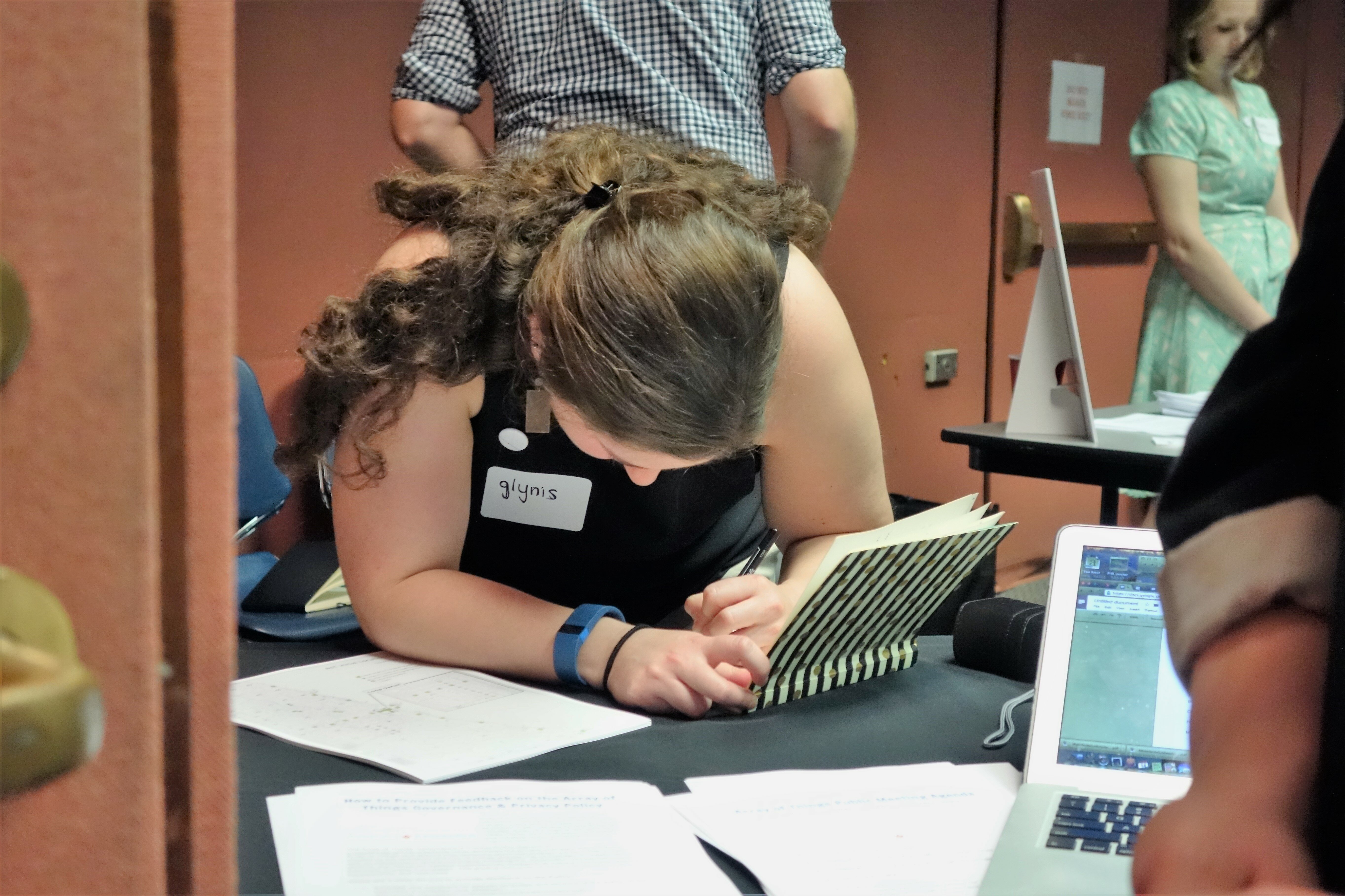
Thank you for join us this summer, Glynis!
